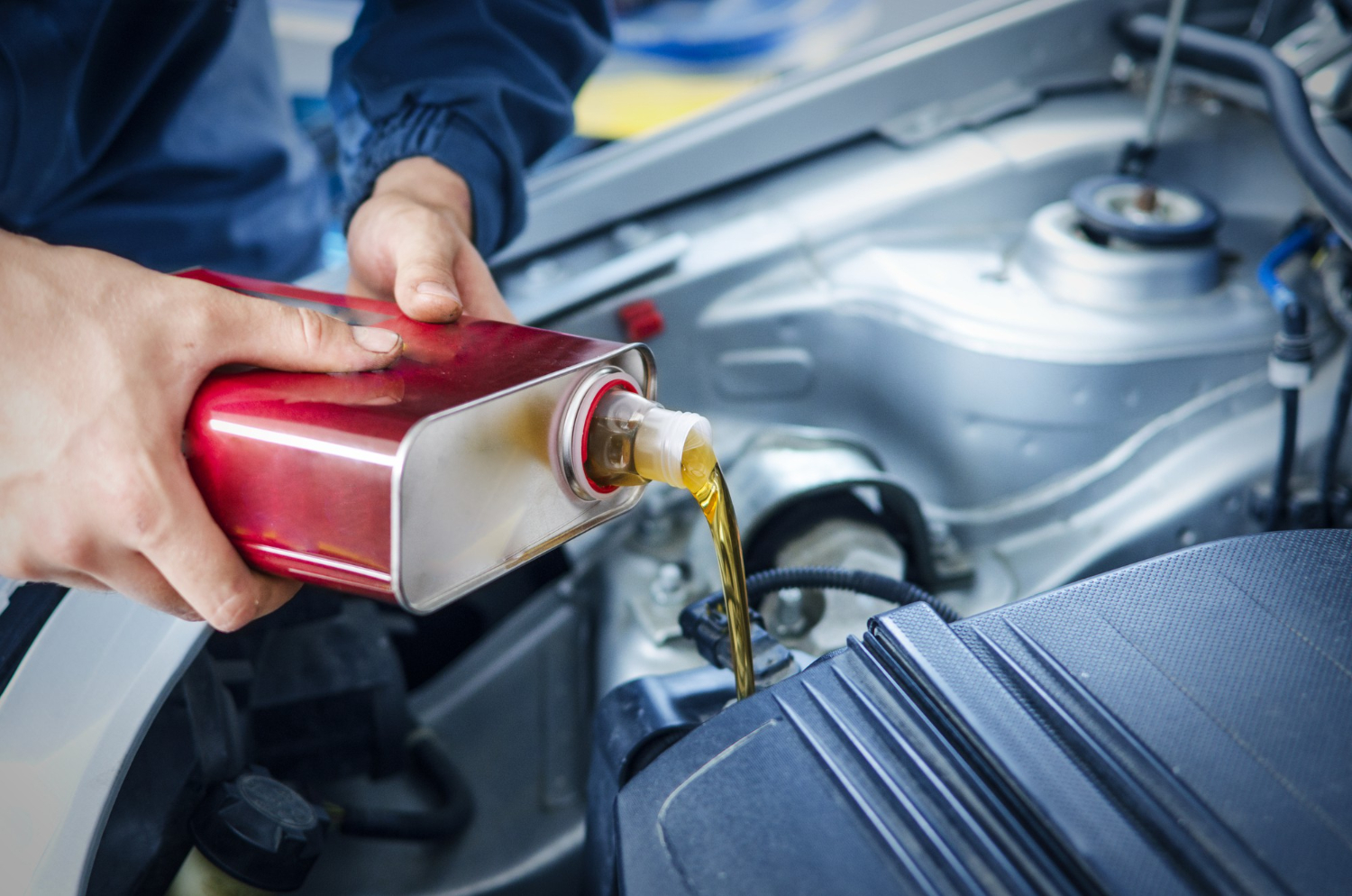
Engine oil is one of the most important operating fluids in a car – it ensures that the engine is properly lubricated while driving. When should the engine oil be changed? Should you always “stick” to the manufacturer’s recommendations when changing the oil?
Oil, i.e. the lubrication system fluid, ensures proper engine operation when four conditions are met
Proper oil change intervals affect vehicle operation, i.e. fuel consumption, engine failure rate and component failure rates
Engine oil is an operating fluid responsible for:
Currently, car manufacturers recommend that oil should be changed even every 30,000 km. Unfortunately many users of new cars have found out that this is an exaggerated amount. The old rule of thumb is 15,000 km, if the engine is used gently and over long distances. In cars used for short distances it is recommended to change the oil every 10 thousand km. In cars with gas installation it is recommended to change the oil every 10,000 km.
Worn-out oil loses its lubricating properties and viscosity. The amount of additives in the oil also decreases and soot starts to accumulate. Driving with used oil can lead to the “breaking down” of other elements in the car. The first component that most often “wears out” is the timing gear
Timingbelt tensioner through the lack of proper lubrication ceases to work properly, resulting in jumping timing chain and collision between the pistons and valves. Timing failure can cause engine failure. Another element that “wears out” faster is the turbine, which is responsible for taking in the air necessary for the gasoline combustion process. If the turbine is damaged, the engine will burn more gasoline.
Gear oil in the manual transmission has a very similar function as engine oil. Unfortunately, few car manufacturers inform that this type of oil should be changed preferably every 100,000 km or maximum every 6 years
Regular change of the transmission oil allows for longer use of the transmission and its proper functioning. It is also very important to maintain the proper oil level in the transmission
Transmission oil in automatic transmission fulfills the same functions as engine oil, that is, lubricates gears, drains contaminants and cools. Failure to change the gear oil can lead to the destruction of the automatic transmission. The cost of repairing such a transmission can exceed even 10 thousand. In automatic transmissions, in addition to oil, gearbox filters should also be changed
Many manufacturers do not specify how many kilometers gear oil should be changed. It is assumed that the first oil change in automatic transmissions should be done after 80 to 100 thousand kilometers of mileage. Subsequent oil changes should be done every 30,000 km.
Photo source: Designed by Freepik